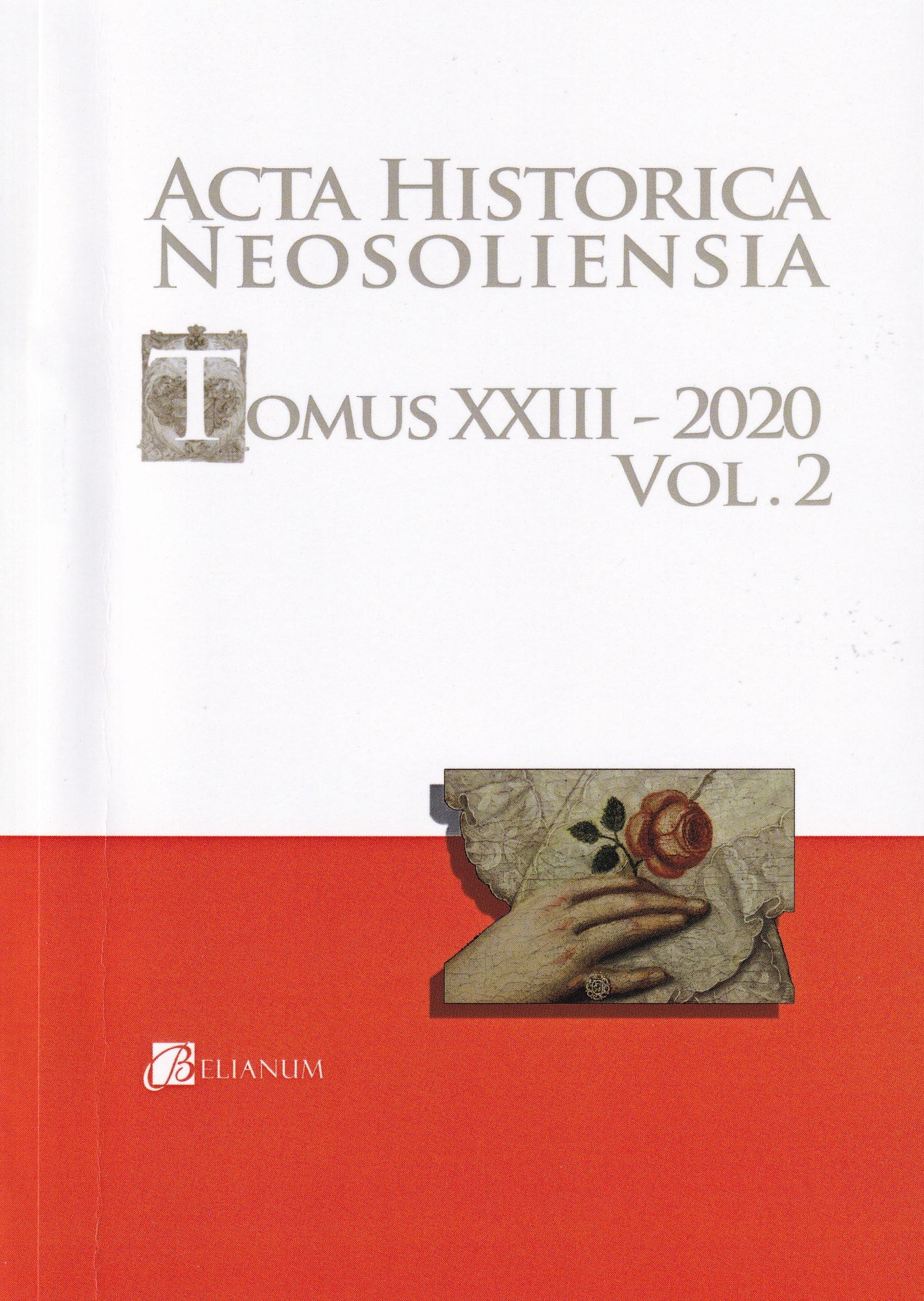The County and State Taxing of the Koháry Demesnes in Hont County in the 1710´s and 1720´s
The County and State Taxing of the Koháry Demesnes in Hont County in the 1710´s and 1720´s
Author(s): Zoltán Igor KomjátiSubject(s): History, Economic history, 18th Century
Published by: Filozofická fakulta Univerzity Mateja Bela
Keywords: payment of taxes;Hont County;Hungarian Kingdom;economic history;18th century;
Summary/Abstract: The campaigns against the Ottoman Empire and the War of Independence named after Francis Rákóczi lasting almost 30 years thoroughly ruined the economy of the Hungarian Kingdom by the beginning of the 1710’s. The Sovereign (Charles the Third) and the governmental organizations tried to issue decrees for the constant development, but they almost all the time left out of consideration the difficult cost-of-living condition of the county inhabitants. The taxes imposed after “porta number” on the counties (gratuitous labour, winter quarters, billeting and conveyance for the transient army and doing wagon-traffic in the time of the Campaign of Báčka) were exactly supposed to fulfill by the county, so the Magistrate distributed to each settlements. The Koháry Family had two demesnes in the territory of Hont County: Čabraď and Sitno, and the state and the county taxation applied to them in the same way as the other settlements. But Stephen (István) Koháry (directing Hont County as Lord-Lieutenant since 1711) always got an opportunity for acquiring the exemption of the demesnes from the gratuitous labour. Primarily, he had applied to Sovereign Charles the Third for issuing a diploma of exemption, then he introduced it with both the Hungarian Royal Locumtenens Council and Hont County Magistrate. Thus, the two de-mesnes of Koháry were always exempted from the gratuitous labour, imposed and varied several times annually, and fulfilled either at Buda or Esztergom For-tresses. Last but not least, it can be observed that tendency that the existence of a diploma of exemption might not guarantee the automatic acceptance, in fact, it would be yearly applied for it, would be make it accepted on each occasion, and the acceptance of the exemption was the permanent item on the agenda of a county delegate negotiating with the higher authorities. The paper offers a deeper view into the the practice of the county taxation, and it sized up the economic life of Hont County in the first third of the 18th century.
Journal: Acta historica Neosoliensia
- Issue Year: 23/2020
- Issue No: 2
- Page Range: 29-53
- Page Count: 25
- Language: English

